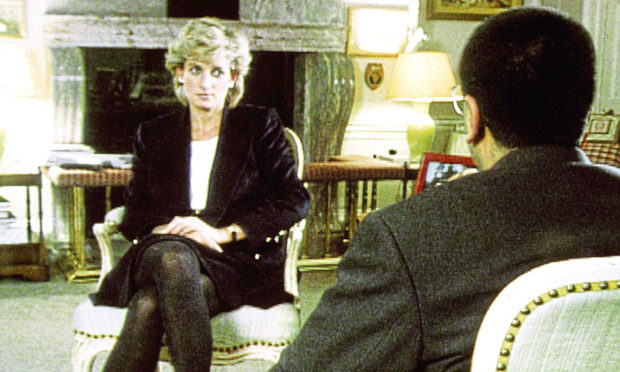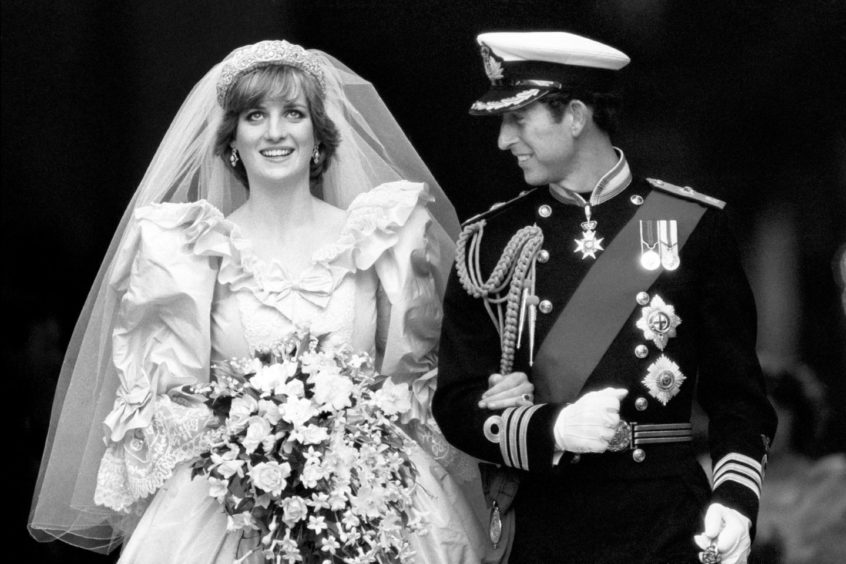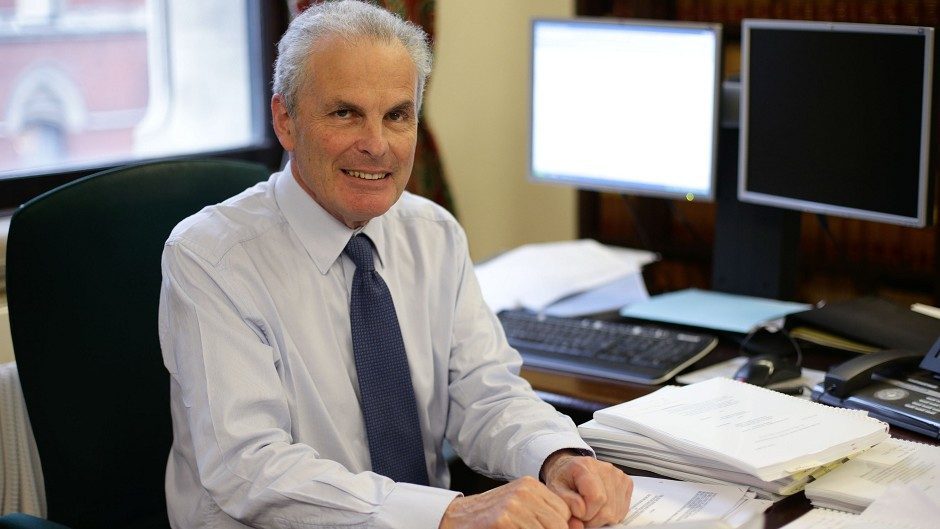Two of my favourite hobby horses have, in the past week, dominated whatever small segments of news agendas that coronavirus couldn’t fill.
I’m talking, of course, about the BBC and politics. Or, to be precise, the people who work in the political system.
Sometimes I think my age-related grumpiness has caused me to harbour such deep resentment of these publicly-funded sectors. Even my wife calls me Mr Grumpy. But then I study the reports of their increasingly frequent misdemeanours and convince myself that it is not just me.
Let’s start with the BBC and the scandal involving Martin Bashir, the now discredited journalist who used forged documents and lies to persuade Princess Diana to give her explosive interview laying bare the deep-rooted unhappiness within her marriage to the Prince of Wales.
Exposed failures changed nothing
To put the BBC’s conduct into perspective, it is important to look back at its actions – or lack of them – over the Jimmy Savile and Cliff Richard controversies. On both occasions, the corporation spectacularly failed to demonstrate the editorial judgement people are entitled to expect, and which the BBC claims to be at the top of its list of corporate priorities.
The BBC managers supposed to be ensuring fair play remained in post and the only casualties were the foot soldiers at the bottom of the food chain
On both occasions, its failure was exposed by external inquiries. And, on both occasions, it resolved to learn lessons from those failures. But what actually happened?
The managers supposed to be ensuring fair play remained in post and the only casualties were the foot soldiers at the bottom of the food chain.
Internal investigations were superficial at best
The Diana interview in 1996 had hardly faded from our TV screens before rumours started to circulate that something wasn’t quite right.
They started in London, where the vast majority of media outlets are based, but the ripples reached us up here in Scotland. The whispers should have been loud enough to ring alarm bells at the BBC, but any internal investigation that did take place was superficial at best and concluded that Bashir was in the clear.
Fast forward 25 years and Lord Dyson was able to determine fairly easily that that was by no means the case. Bashir, meanwhile, had used the intervening period to feather his own nest, his CV greatly enhanced by the interview, only to return to the BBC when his career began to falter and later to be promoted to Religious Editor, in which capacity he appears to have become completely invisible.
Another whitewash under way
Faced with the damning criticism from Lord Dyson, the BBC was left with no alternative but to apologise, having first allowed Bashir to resign to concentrate on his health, and promised a review into its conduct and its editorial policies.
The words “stable door”, “horse” and “bolted” spring to mind, but – just in case anyone is fooled into thinking that this will be the forensic examination which should have taken place all those years ago – the corporation says the inquiry will look into its “world class journalism”.
So, there you have it. Job done. Whitewash under way.
If the BBC really wants to put in place the robust system of governance it claims to crave, it could start by replacing the sycophants on its governing body with people who would question its procedures at the time they are employed, rather than wait for the next stinging rebuke before opening their mouths. No, that’s not a job application.
A formal government inquiry will take years
And so to politics. Dominic Cummings provided the entertainment on this front, savaging Boris Johnson and health secretary Matt Hancock in what one commentator called a revenge drive-by shooting.
Such was the ferocity of Cummings’ attack that Matt Hancock went out jogging in front of the assembled camera crews and Boris Johnson had to get married again to try to divert attention
Such was the ferocity of his attack that Matt Hancock went out jogging in front of the assembled camera crews and Boris Johnson had to get married again to try to divert attention from what he said.
I have no idea at all how much of Cummings’ evidence was factual and how much was creative, but I do find it thoroughly amusing that the man who said he went to Barnard Castle during lockdown to test his eyesight before attempting to drive back to London is now believed to be telling the truth when he lays into his ex-boss.
Perhaps the real picture will emerge when the formal inquiry into the government’s handling of the pandemic begins next year and reports back three years later. I can’t wait.
Grumpy? Moi?
Derek Tucker is a former editor of the Press & Journal



